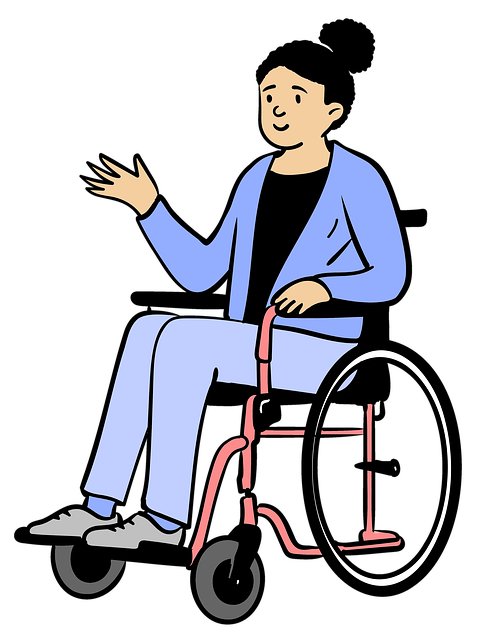Oregon's civil commitment laws offer a balanced approach, providing crucial legal resources for mental health challenges. Individuals have access to government and nonprofit aid, including guidance from DHS, pro bono services from bar associations, and education from advocacy groups. These resources ensure fairness and empower clients in navigating complex proceedings, protecting rights and offering support throughout.
“In Oregon, civil commitment procedures offer a crucial legal framework for managing individuals with serious mental illnesses who pose a risk to themselves or others. This article guides readers through the intricate aspects of Oregon’s civil commitment laws, providing an essential resource for those seeking to understand this complex process. We explore accessible governmental and nonprofit support systems, emphasizing the availability of legal representation and various aid services. By delving into these key areas, we aim to empower individuals involved in or considering civil commitment proceedings in Oregon.”
- Understanding Oregon's Civil Commitment Laws
- Accessing Governmental and Nonprofit Resources
- Legal Representation and Support Services
Understanding Oregon's Civil Commitment Laws

Oregon’s civil commitment laws provide a framework for individuals who may be considered a danger to themselves or others due to mental illness. These laws aim to balance public safety with an individual’s right to treatment and freedom. Understanding the nuances of Oregon’s legal resources for civil commitment is crucial, as it involves a complex process that requires careful navigation.
The state offers various legal resources, including court-appointed attorneys, who can guide individuals through the commitment proceedings. These laws also ensure due process rights, such as the right to a hearing and appeal, ensuring fairness throughout the process. Knowledge of these Oregon legal resources is essential for those seeking civil commitment or those supporting someone going through this process.
Accessing Governmental and Nonprofit Resources

In Oregon, individuals seeking legal assistance for civil commitment can access a variety of governmental and nonprofit resources tailored to their specific needs. The Oregon Department of Human Services (DHS) plays a crucial role in providing information and support for civil commitment proceedings, offering guidance on eligibility criteria, procedural steps, and available options. Additionally, local bar associations and legal aid organizations offer pro bono services or sliding-fee scales, making quality legal representation accessible to those who cannot afford private counsel.
Nonprofit organizations specializing in mental health and advocacy also serve as valuable resources for civil commitment cases in Oregon. These groups provide education, support, and representation, ensuring that individuals’ rights are protected throughout the process. They offer workshops, legal clinics, and referral services, facilitating connections between clients and qualified attorneys. By leveraging these governmental and nonprofit resources, those involved in civil commitment proceedings can navigate the legal landscape with increased confidence and clarity.
Legal Representation and Support Services

In Oregon, civil commitment proceedings can be complex and stressful, making it crucial for individuals facing such situations to access qualified legal representation. Many organizations offer legal support services specifically tailored to help those involved in mental health-related legal matters. These services provide not only legal advice but also emotional support, ensuring individuals understand their rights and options throughout the process.
Oregon legal resources for civil commitment include free or low-cost legal aid organizations that specialize in mental health law. These groups often have experienced attorneys who can advocate for clients’ rights, challenge inappropriate commitments, and ensure fair treatment within the justice system. They also offer educational resources to help individuals navigate the legal process, understand their diagnosis, and explore alternative treatments, empowering them to make informed decisions regarding their care.
